AI Chatbots in University Learning: Insights from Studies
AI chatbots transform university learning with 24/7 support & personalized help, despite challenges.


AI Chatbots in University Learning: Insights from Studies
How is artificial intelligence (AI) changing the way students learn? In more ways than you might think!
From personalized study plans to instant feedback, educational chatbots are transforming higher education into something far more dynamic and interactive than it was just a decade ago.
Ever wished for a tutor that’s available 24/7?
That’s where AI, particularly tools like ChatGPT and Makebot.ai, steps in, offering support at any time and making learning more efficient and accessible.

But with all these advancements, could there be a downside? As with any new technology, the rise of AI brings challenges too. Are students relying too much on AI for help? Could it impact their critical thinking skills? And what about academic integrity—does using AI cross the line into cheating?
This article explores how AI chatbots in education are reshaping university learning, digging into both the benefits and the questions it raises about the future of education.
Ready to see how AI is changing the academic game? Let’s dive in!
Read also AI Chatbots in Healthcare here: Market Growth Transforming Healthcare with AI Chatbots
- The Rise of AI Chatbots in Education
AI chatbots in education are taking over university life, and students couldn’t be happier!
Need instant answers or help with a tricky concept? AI chatbots in education like ChatGPT and Makebot.ai are there to save the day, making them an essential part of every student’s academic toolkit.
In fact, a recent study shows that a whopping 95% of students in other countries know about ChatGPT, and 35.4% use it regularly to get through their studies. That’s a huge endorsement for how effective these educational chatbots are in simplifying the learning process!
What about the competition?
Well, tools like Bing AI and YouChat haven’t exactly caught on in the same way. Their usage rates are barely making a dent—2.3% and 0.2%, respectively.
This just goes to show how ChatGPT has become the go-to choice for students looking to navigate the challenges of university life with ease.
- AI as a Personalized Learning Tool
One of the most exciting things about AI is its ability to deliver personalized, on-demand learning—whenever and wherever students need it.
Imagine having a tutor who’s always available, (e.g educational chatbots) never needs sleep, and can help with anything from summarizing a complex text to providing feedback on your writing.
Sounds like a dream, right?
Well, for 64% of students, that’s the reality. They’ve already used or plan to use educational chatbots to boost their academic work, whether it's analyzing research topics or polishing up an essay.This level of flexibility allows students to learn at their own pace, without the stress of deadlines or time constraints.
It’s especially helpful in language learning, where instant feedback can make all the difference.
A study found that 60% of students praised AI chatbots in education for helping improve their pronunciation and giving them real-time corrections.
And since these educational chatbots are available 24/7, students can practice language skills whenever they want—without needing to wait for a scheduled class or tutor. With AI at their fingertips, students are shaping their learning experience to fit their needs, and it’s changing the way they approach education!
More on ChatGPT here: Is Chatgpt Generative AI? (How to Make the Best of it)

- Gender Differences in AI Use
The way students use AI in education isn't one-size-fits-all, and there are some notable differences across demographics.
Research found out significant gender gaps in AI chatbot in education engagement.
Male students are more likely to use AI tools regularly, with 16.2% reporting frequent use, compared to just 11.2% of female students.
Plus, the attitude toward AI in education is more positive among male students—55.9% of them view AI favorably, while only 31.4% of female students feel the same.
These findings show that while AI adoption is on the rise, not all students are engaging with these tools in the same way. Female students, in particular, have expressed more concerns about the ethical implications of AI, such as the risk of it encouraging cheating and its potential long-term effects on critical thinking and learning outcomes.
This highlights the need for a balanced approach when integrating AI into education, taking into account the diverse perspectives and concerns of all student groups.
- Ethical Challenges and Academic Integrity
The rapid rise of AI in education hasn’t come without some ethical debates, particularly when it comes to academic integrity.
A recent study revealed that 61% of students believe using AI chatbots in education for assignments crosses the line into cheating, highlighting widespread concerns about how these tools could be misused.
But here's where it gets interesting: despite these concerns, 60% of students don't want educational chatbots banned entirely.
Instead, they recognize that while AI comes with risks, it also offers valuable benefits, and the solution may lie in finding a balanced approach.
- The Role of AI in Specific Fields of Study
AI chatbot in education usage isn't the same across all academic disciplines, and the differences are pretty striking.
According to a comparative study , students in engineering and technology fields are way ahead in embracing AI tools—32.8% of them regularly use ChatGPT.
Compare that to just 9.2% of students in health sciences and 17% in the humanities, and you can see a clear divide.
It seems that students in technical fields, where problem-solving and computational tasks are key, are more open to using AI to streamline their work.
On the flip side, students in non-technical fields like the humanities are more skeptical. Many of them worry that AI might actually undermine the learning process by promoting over-reliance on technology instead of fostering critical thinking and independent problem-solving.
For these students, there’s a concern that while AI tools are convenient, they might not encourage the deep intellectual engagement that's crucial in their disciplines.
Read more about AI Chatbots in Business Industry here: Enterprise Conversational AI Trends of 2024
- AI Chatbots Significantly Improve Learning Efficiency
Another study uncovers how educational chatbots are making a real difference in higher education, significantly enhancing both learning efficiency and research outcomes.
Conducted with 350 university students from Rawalpindi and Islamabad, the research reveals the powerful impact of AI on academic self-confidence and study habits.
Here’s what the study found out:
- Boosted Academic Confidence: Students using AI chatbots in education experienced a 36% increase in their confidence to meet academic goals, thanks to personalized support and on-demand assistance.
- Improved Study Habits: A whopping 71% of students reported better study habits after using AI chatbots in education , while 80.9% felt the chatbots provided reliable answers, making them essential learning tools.
- Personalized Learning for Better Results: AI chatbots in education tailor learning plans and give real-time feedback, helping students self-regulate their learning. This personalized approach led to higher academic performance and deeper engagement.
- The Future of Education: With the AI education market expected to grow by 38% annually, reaching $23.82 billion by 2030, chatbots are set to revolutionize learning experiences by enhancing personalization and improving outcomes across disciplines.
In short, AI chatbots in education aren’t just convenient; they’re transforming the way students learn and succeed. From boosting confidence to creating personalized learning paths, these tools are shaping the future of education in powerful ways.
Future Implications and the Need for Institutional Policies
As AI becomes a more integral part of the academic world, the need for clear guidelines and policies is becoming urgent.
Surprisingly, only 19.1% of students in a recent study reported that their universities have established clear rules about AI usage.
This gap shows that many institutions are still catching up to the rapid rise of AI in education. To fully harness the benefits of AI while protecting academic integrity, universities need to step up and create comprehensive policies.
Beyond just setting rules, institutions should also focus on educating students about the ethical implications of AI.
It’s crucial for students to understand how to use AI chatbots in education responsibly, recognize the risks of over-reliance, and ensure that AI tools are there to support—rather than replace—critical thinking and problem-solving.
Key Recommendations:
- Universities should implement clear policies on the ethical use of AI.
- Institutions must educate students on responsible AI usage and how to critically engage with AI-generated content.
By doing so, universities can create an environment where AI is a helpful tool without compromising academic standards.

Embracing AI with Caution and Curiosity
AI Educational Chatbot is undoubtedly transforming university education in remarkable ways—offering personalized learning, 24/7 support, and instant feedback that makes academic life more accessible and efficient.
Educational AI Chatbots like ChatGPT and Makebot have become indispensable for many students, helping them navigate complex subjects and manage their workloads with ease.
However, as we've seen, the rise of AI also raises important questions about academic integrity, the impact on critical thinking, and whether we're relying too much on technology.
The challenge now is to strike the right balance.
While AI chatbots in education have proven to be valuable educational tools, students must remain active participants in their learning journey, not just passive consumers of AI-generated content.
Universities, too, need to step up by creating clear guidelines that address the ethical use of AI while also providing students with the tools they need to engage critically and responsibly with these technologies.
In the end, AI is a powerful ally in the evolving landscape of education, but its true potential will only be realized when we pair it with thoughtful policies, ethical use, and a continued commitment to fostering creativity and independent thought.
As we embrace the future of AI in education, the key will be using it to enhance—not replace—the human element of learning.
The Growing Need for AI Chatbots Tailored to Campus and Education
In today’s rapidly evolving academic landscape, there’s a clear demand for AI solutions specifically designed for the higher education environment. While general-purpose AI tools like ChatGPT can be helpful, especially for engineering students, they often fall short of meeting the diverse needs of students across other disciplines.
Why Do We Need Specialized AI for Campuses?
- Tailored Support for Different Majors: Each academic discipline has unique needs. A specialized AI could offer text analysis and critical thinking support for humanities students, creative thinking tools for arts students, and clinical case learning for medical students.
- Easy and Intuitive Interface: Not every student is tech-savvy. A specialized AI should offer an intuitive, user-friendly platform that’s easily accessible to all students, regardless of their technical skills.
- Personalized Learning Experience:
- Custom content tailored to each student's learning pace and style.
- Personalized learning plans that analyze individual strengths and weaknesses.
- Real-time progress tracking with personalized feedback.
- Enrichment materials that align with students’ interests and academic goals.
- Academic Compliance: AI tools need to be aligned with each university's academic integrity policies, ensuring safe and responsible usage that adheres to ethical standards.
- Curriculum Integration: Seamless integration with university curriculums can enhance students' understanding of course content, bridging the gap between academic theory and real-world application.
In short, the university education landscape demands AI solutions that offer tailored support by major, personalized learning experiences, and user-friendly interfaces.
At Makebot, we specialize in developing these advanced AI solutions for educational institutions. Leveraging our deep understanding of the educational field and expertise in generative AI and LLM technologies, we’ve successfully created chatbot services for dozens of universities across Korea—offering campuses the innovative tools they need to thrive.
Makebot is All You Need
Unlock the power of conversational AI with Makebot, the leader in advanced chatbot solutions for any industry. Trusted by over 1,000 clients and millions of users, Makebot delivers cutting-edge, customizable chatbots powered by LLM, ensuring both performance and cost-efficiency.
Why Choose Makebot?
- Tailored Enterprise Solutions: Trusted by Korea’s top companies with industry-specific AI solutions.
- Advanced Technology: Featuring hybrid RAG systems to minimize errors and boost accuracy.
- Cost-Effective: High-performance, scalable sLLM models suited for diverse tasks.
Ready to transform your customer engagement? Contact Makebot today and lead the AI revolution.
Inquiries: b2b@makebot.ai

Studies Reveal Generative AI Enhances Physician-Patient Communication


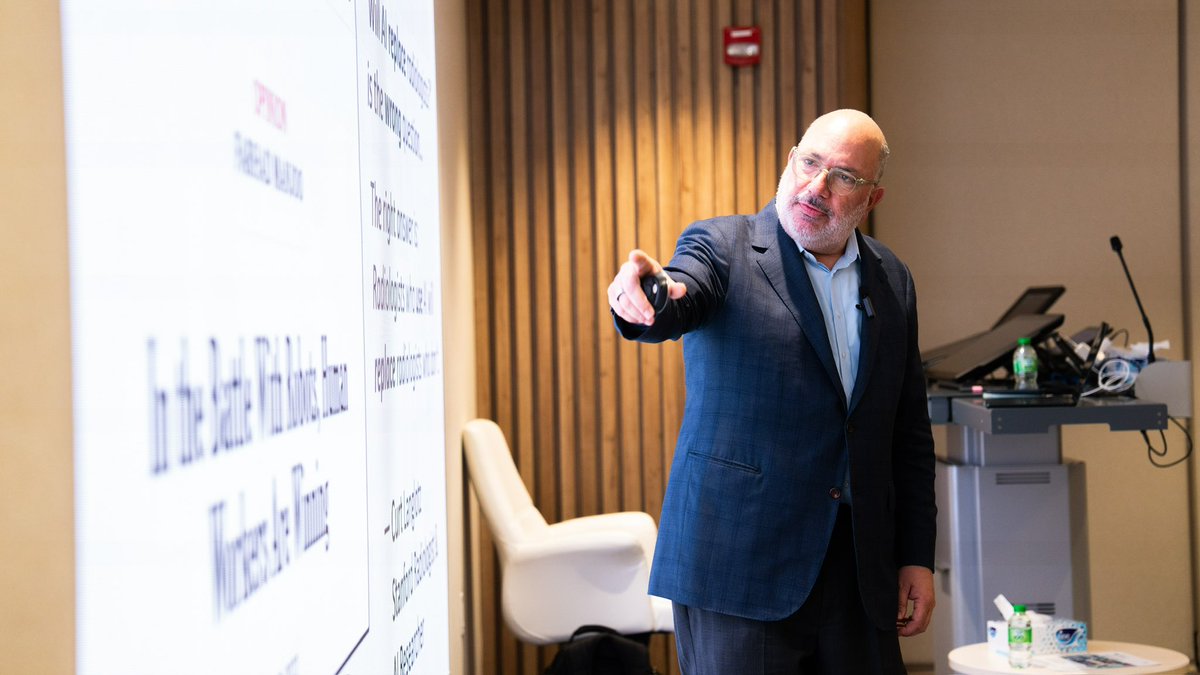

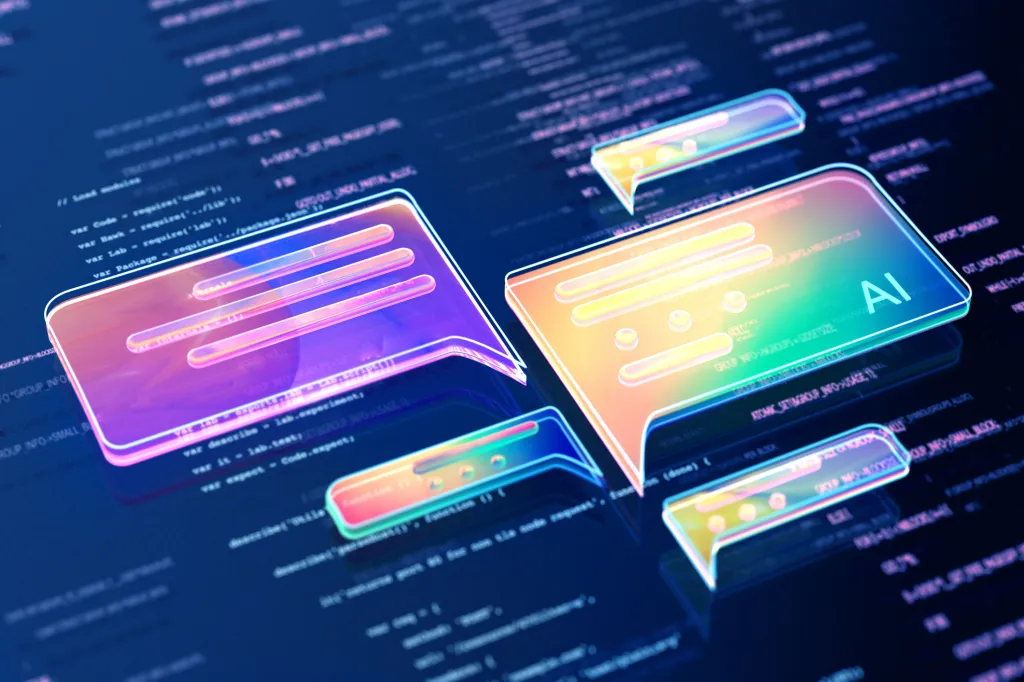



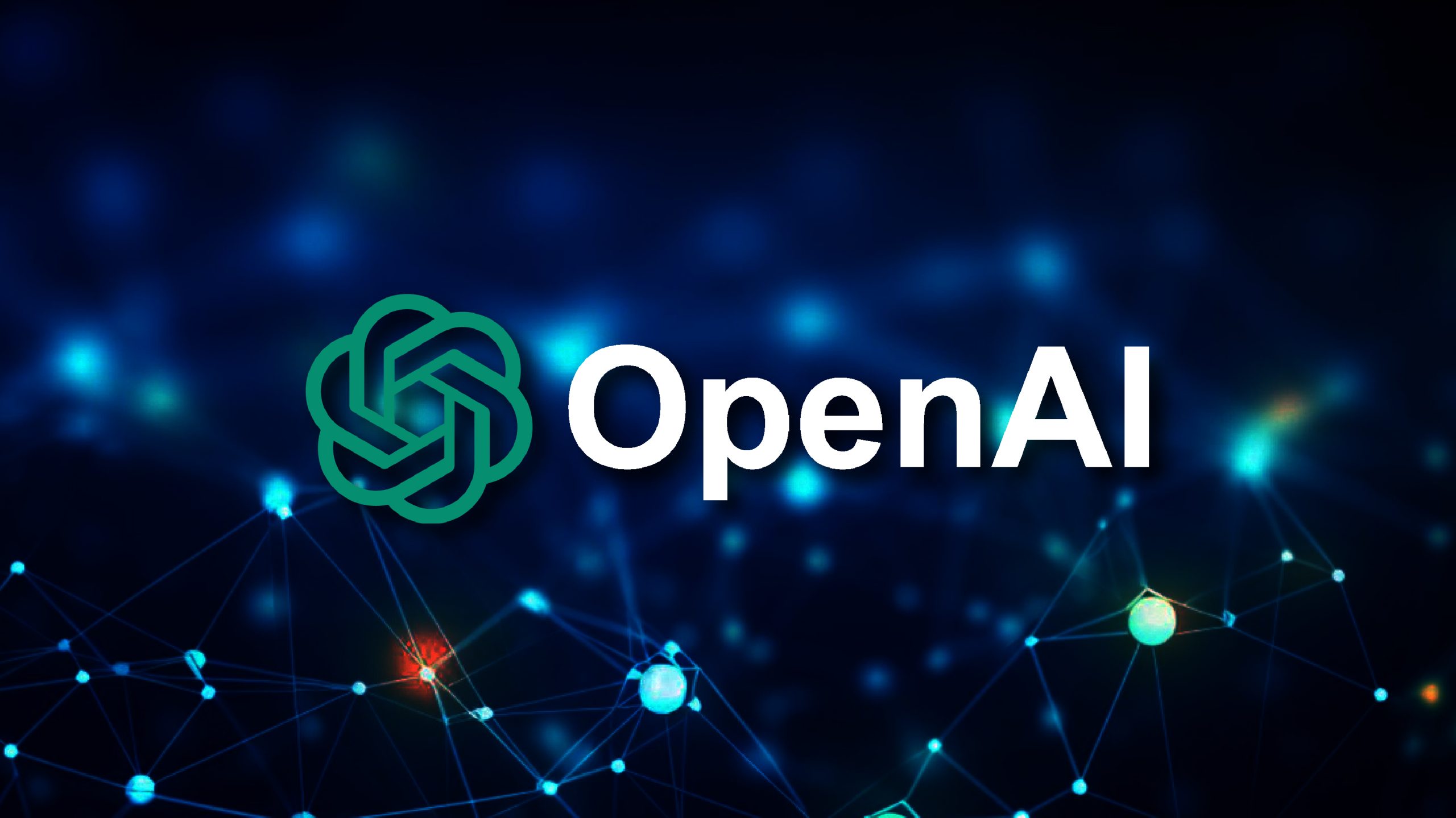



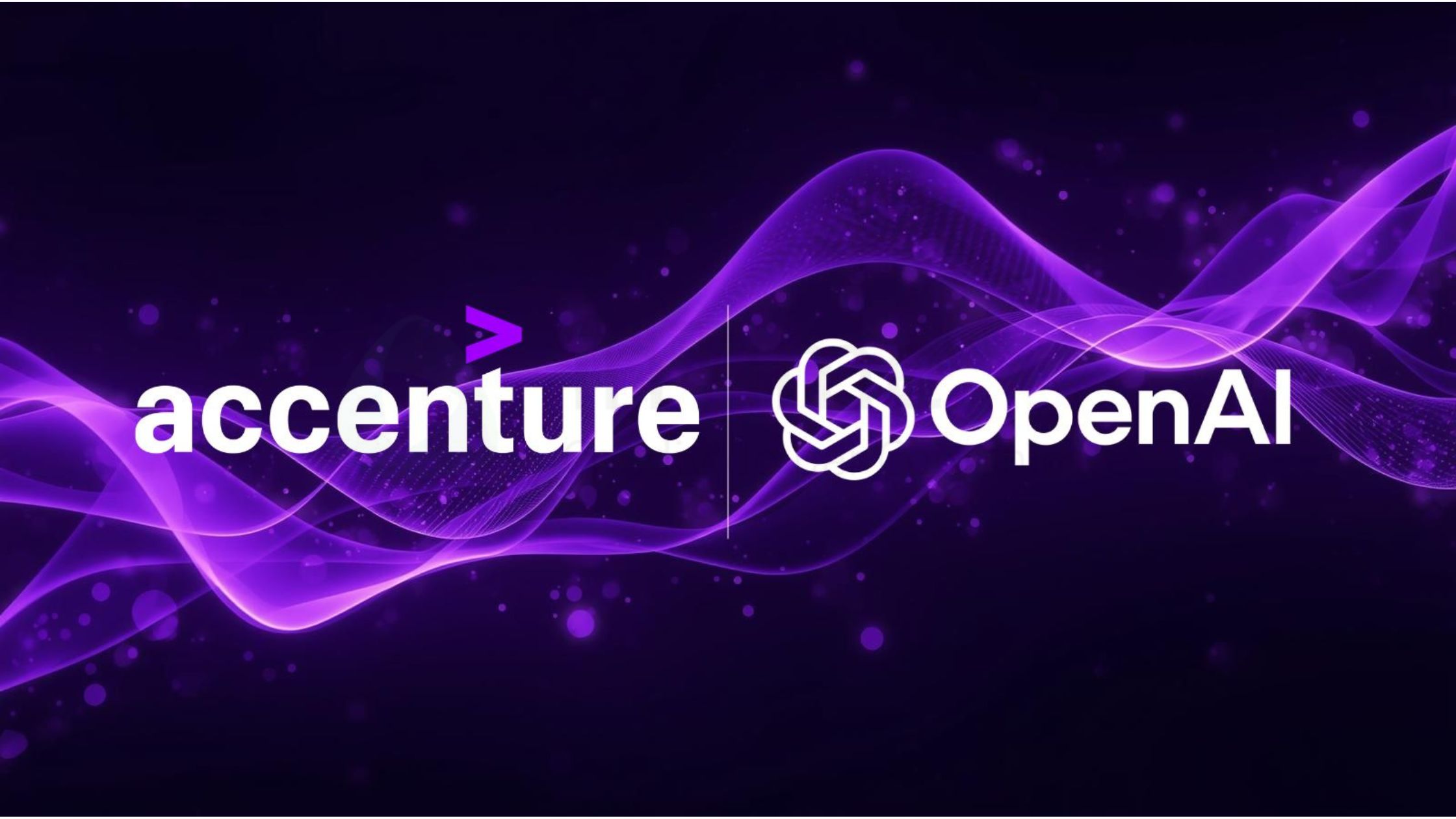
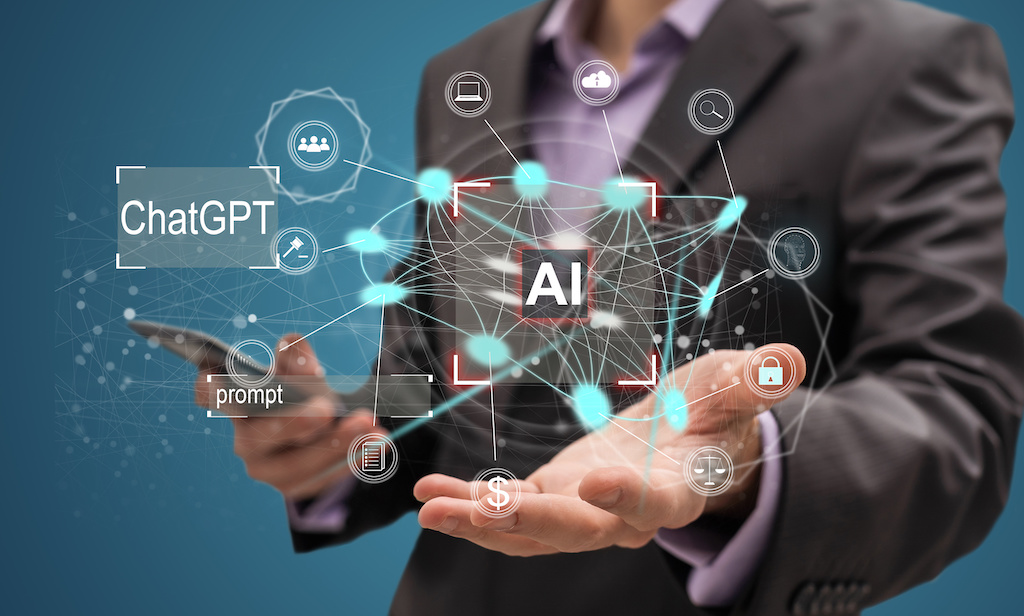









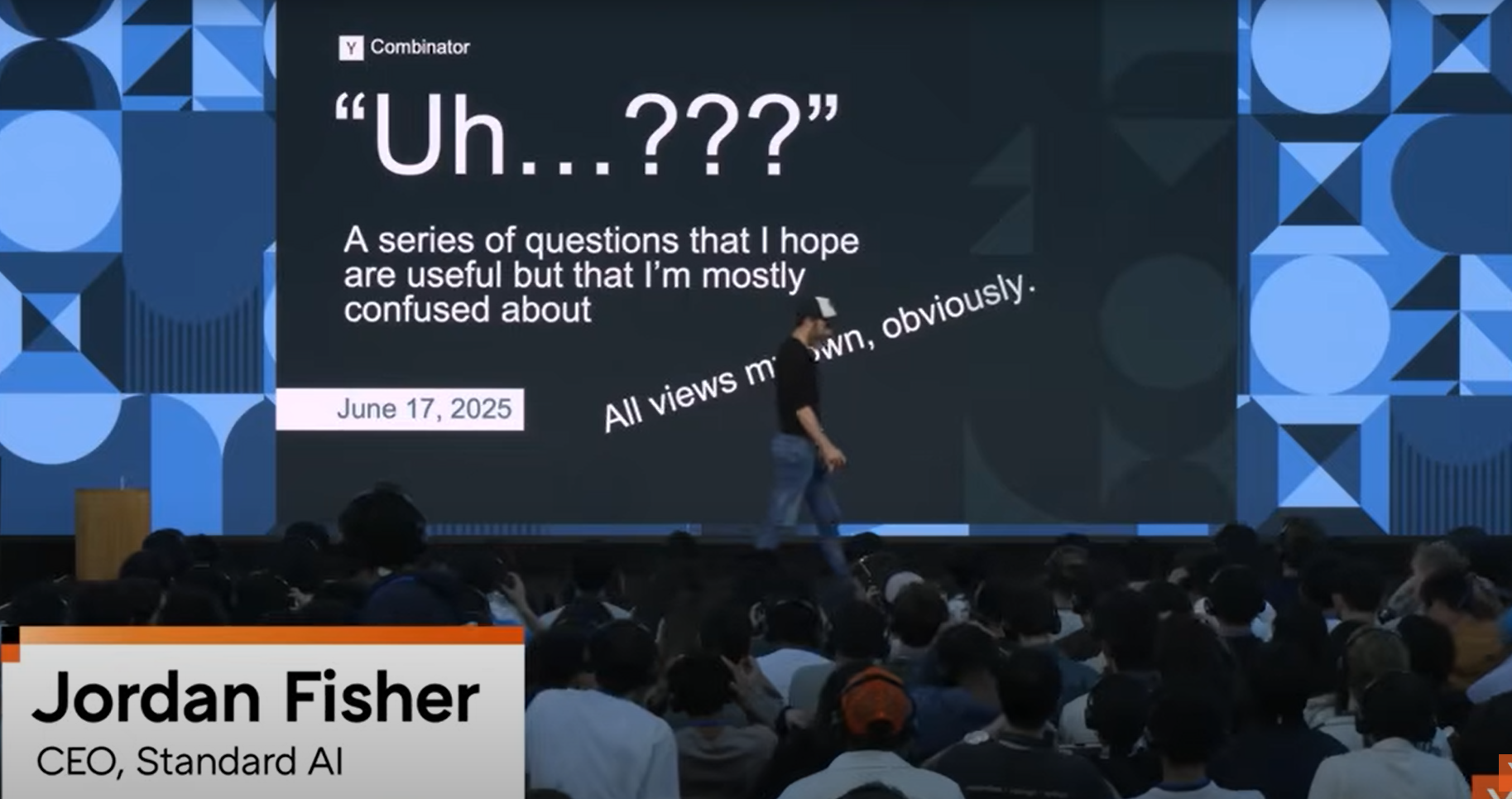










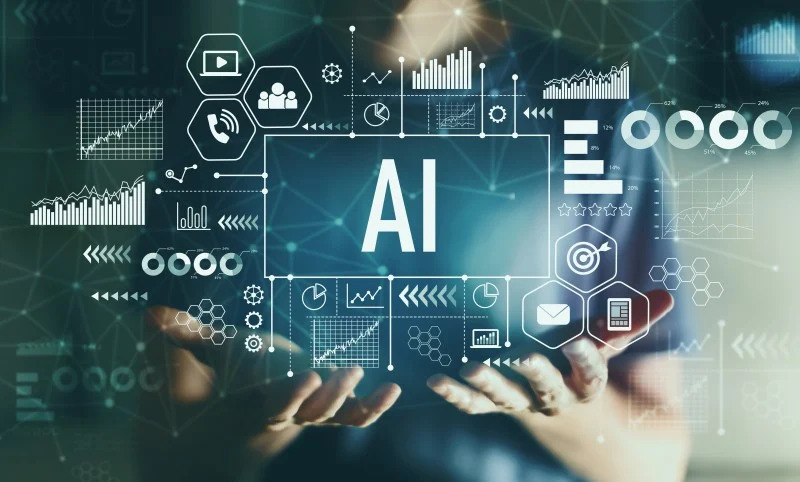



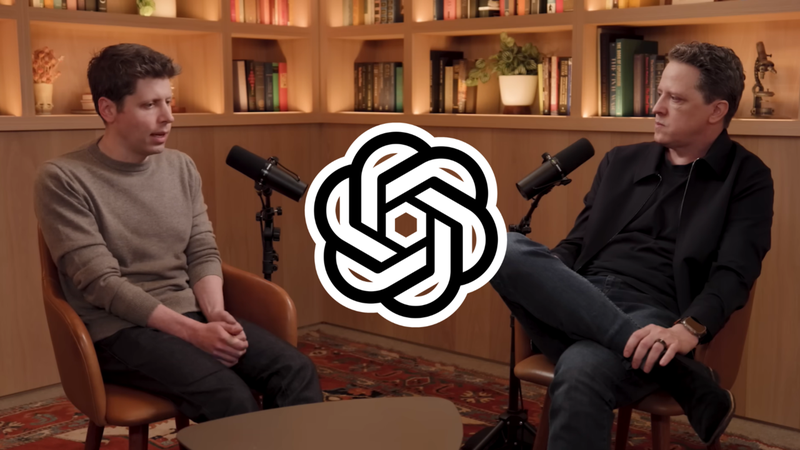





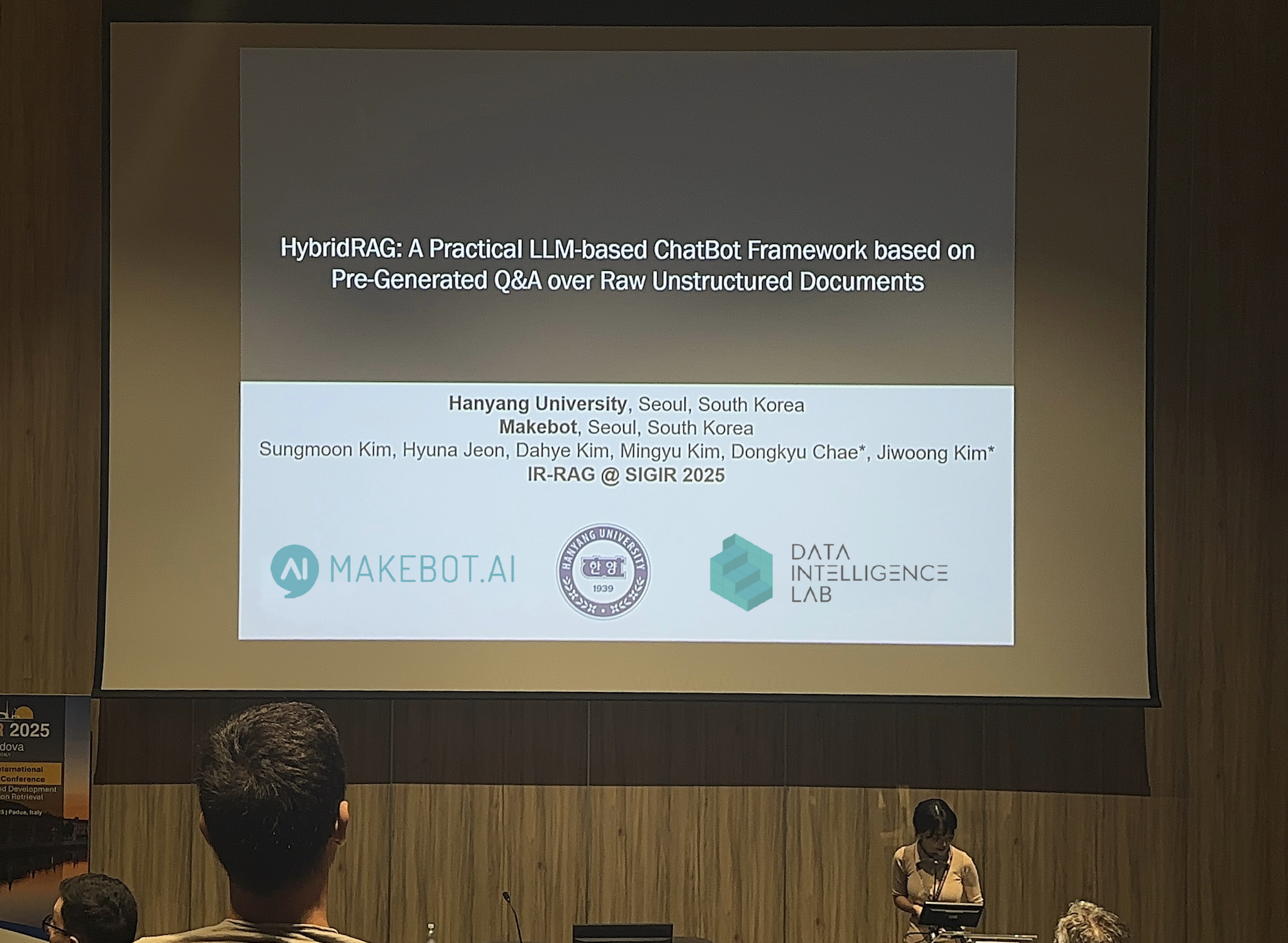









_2.png)


















.jpg)
























